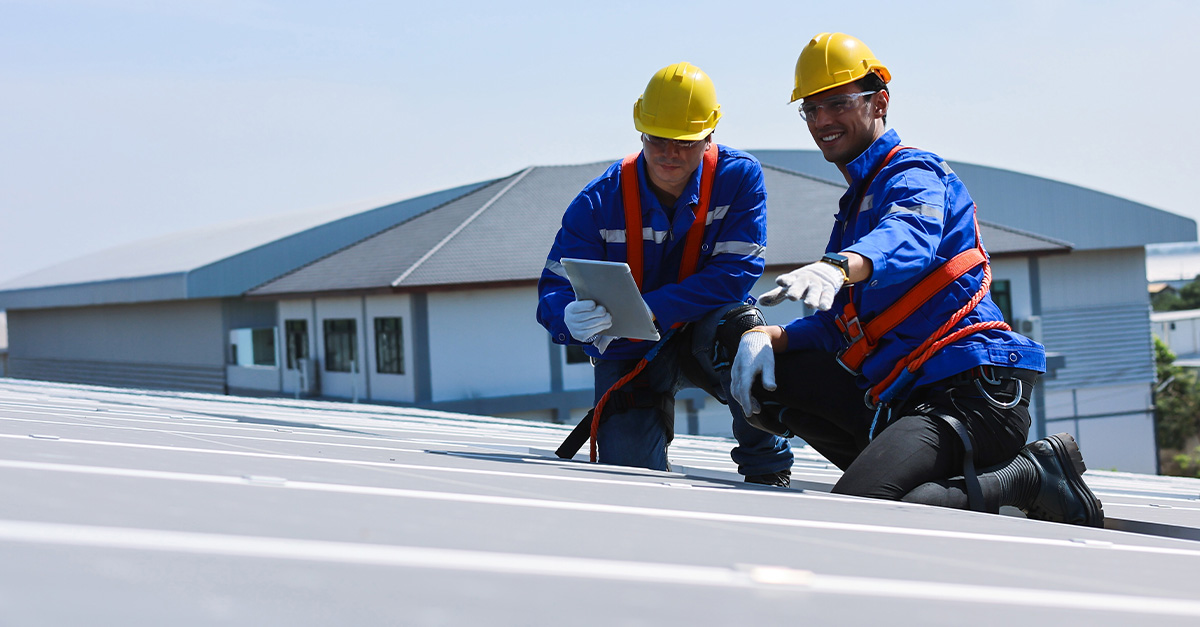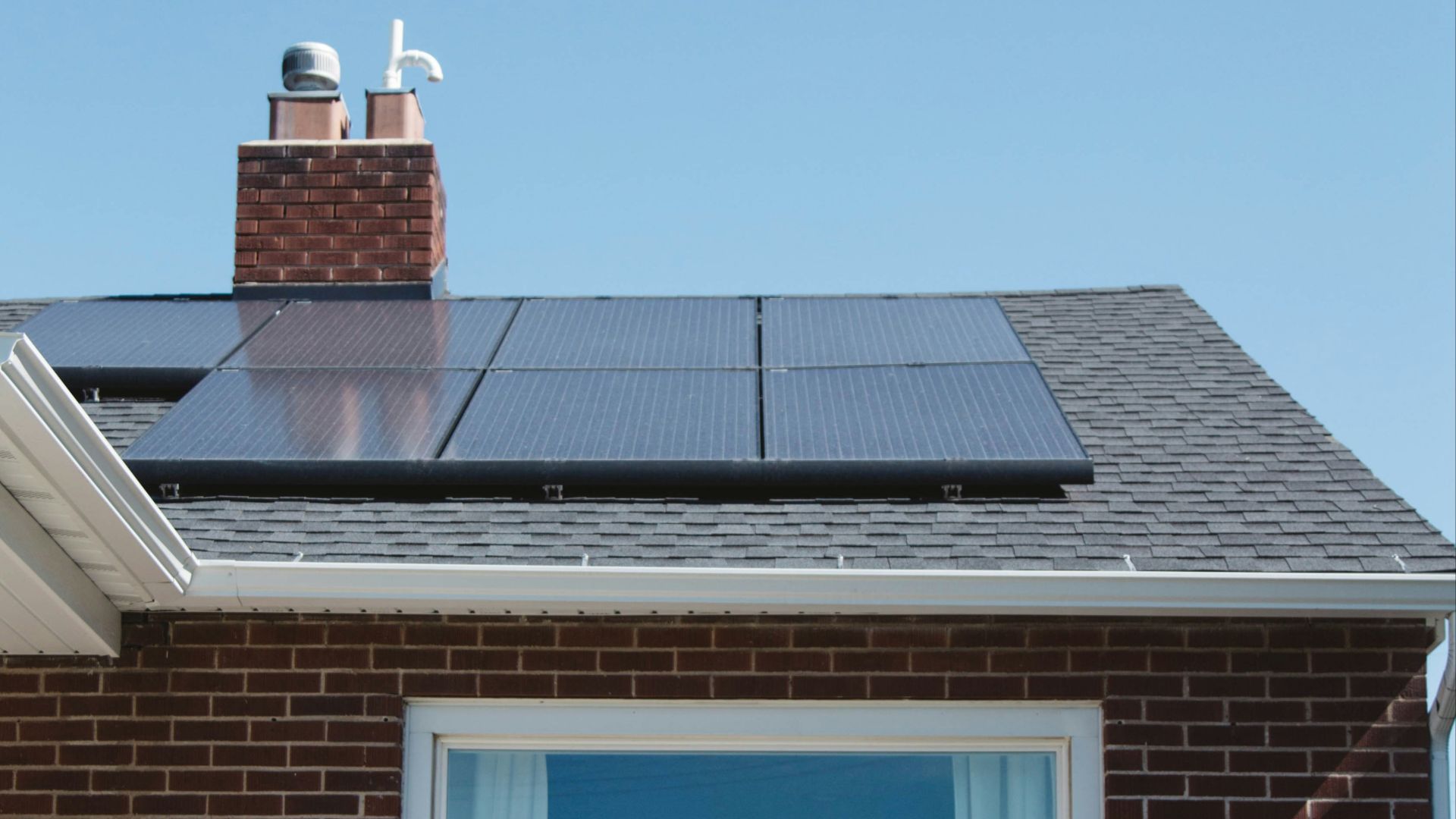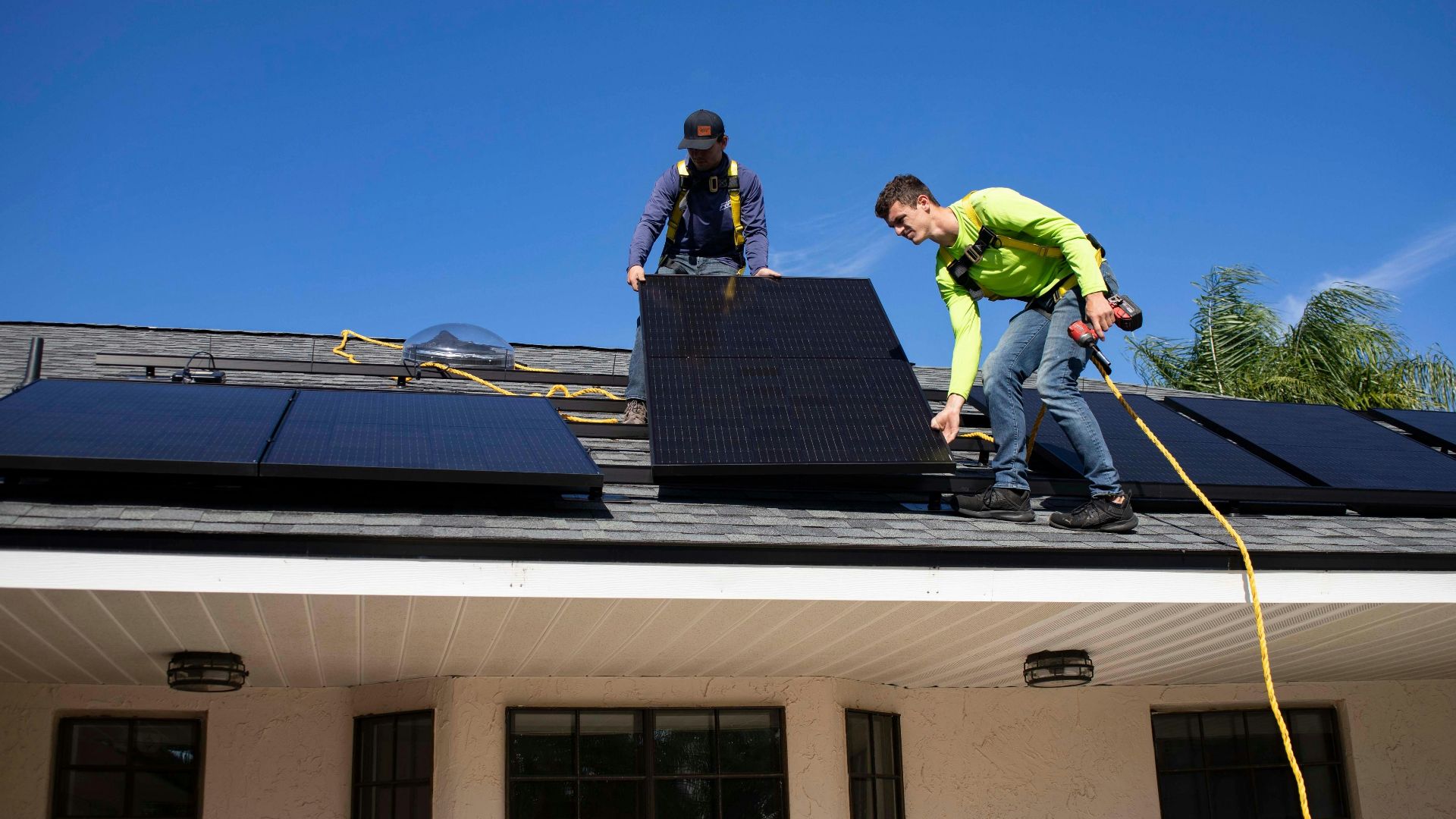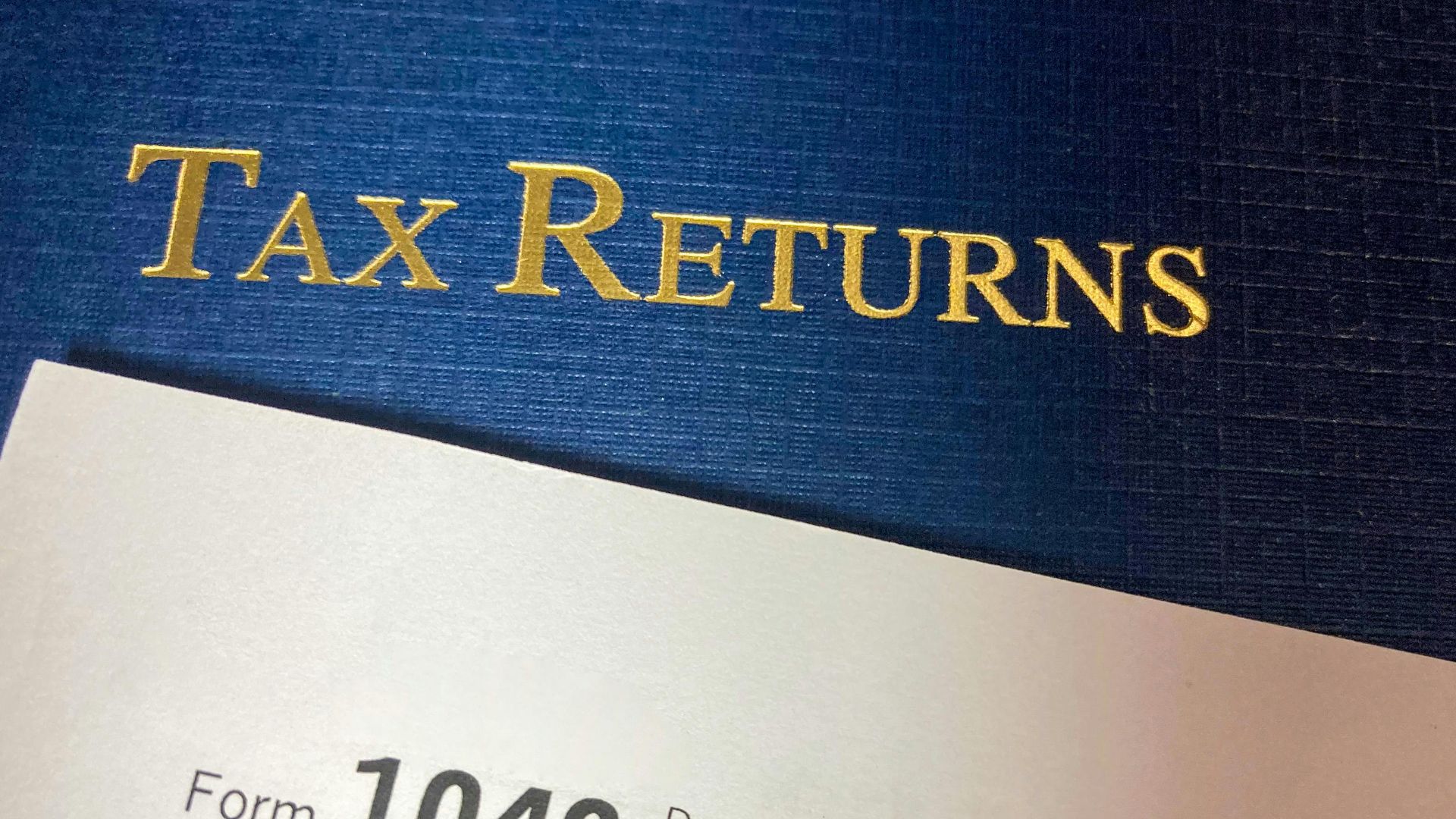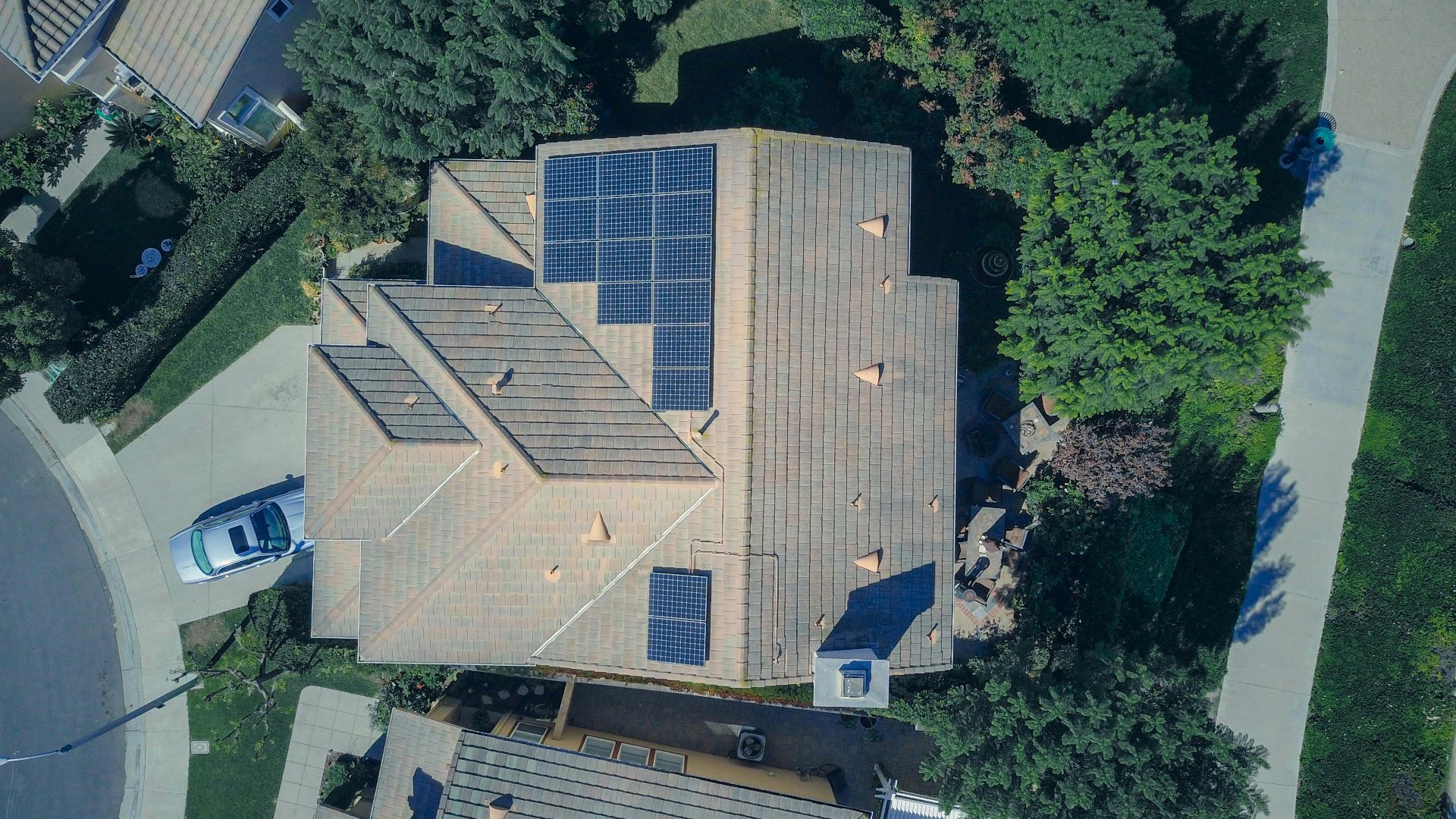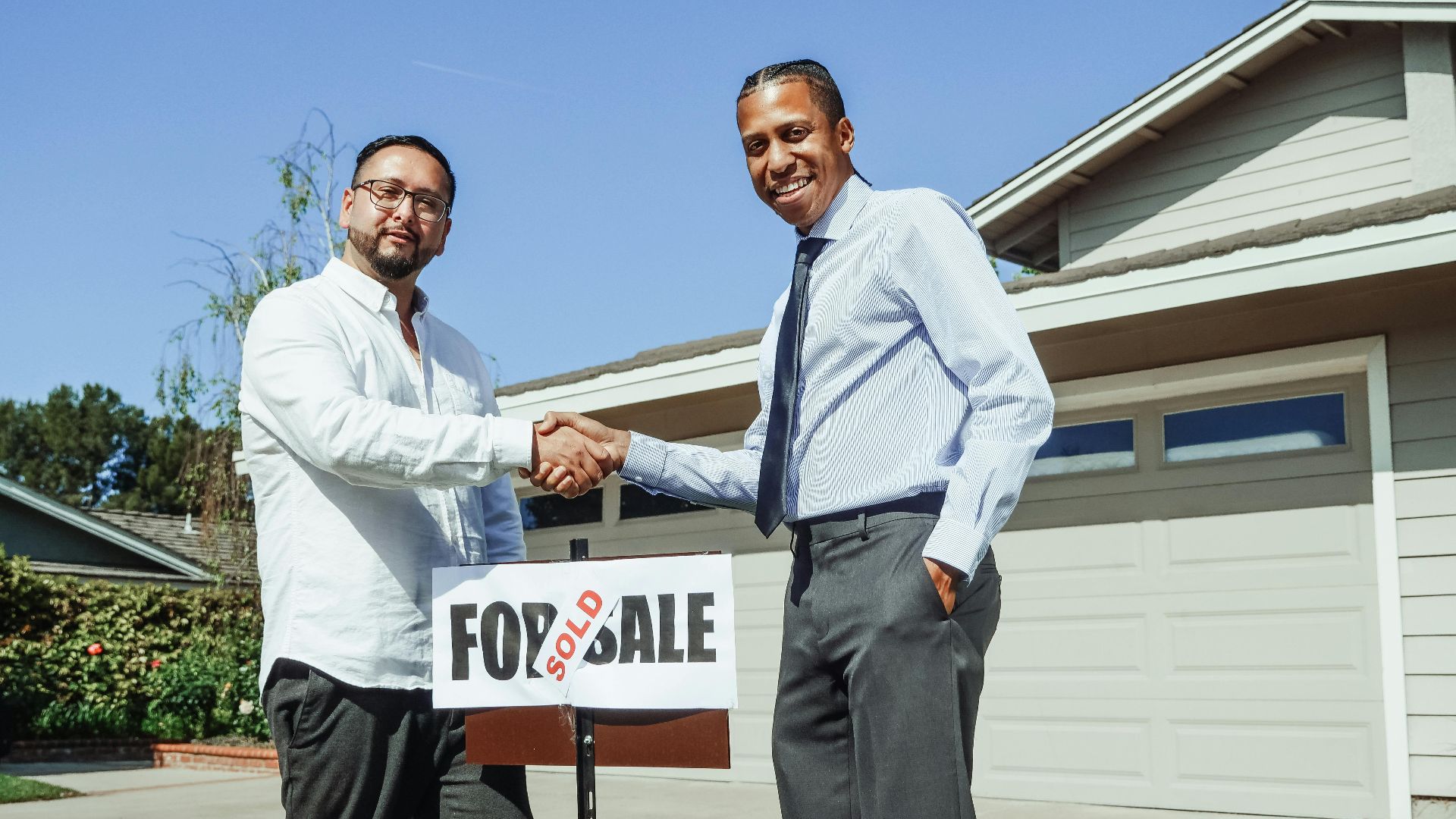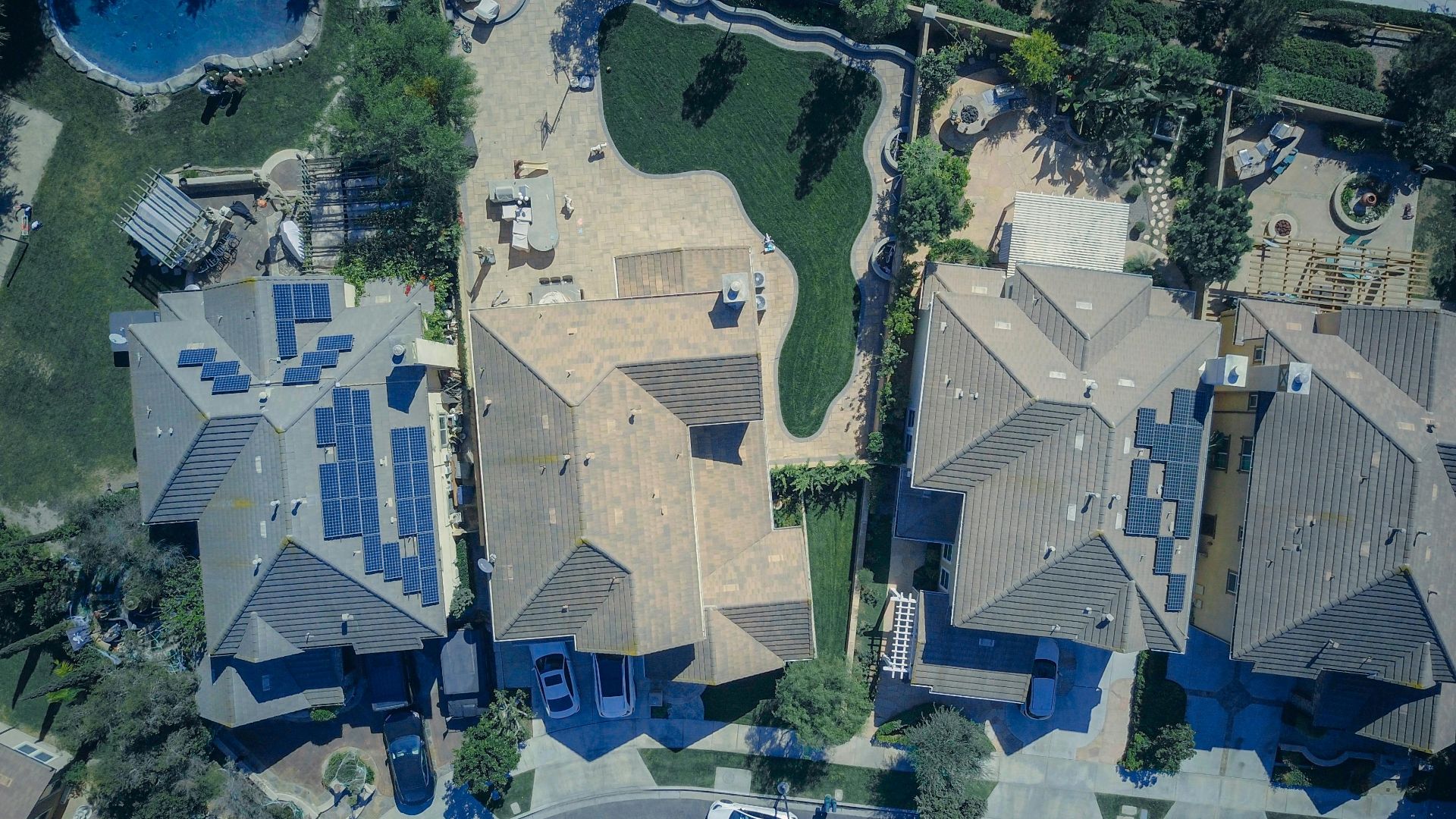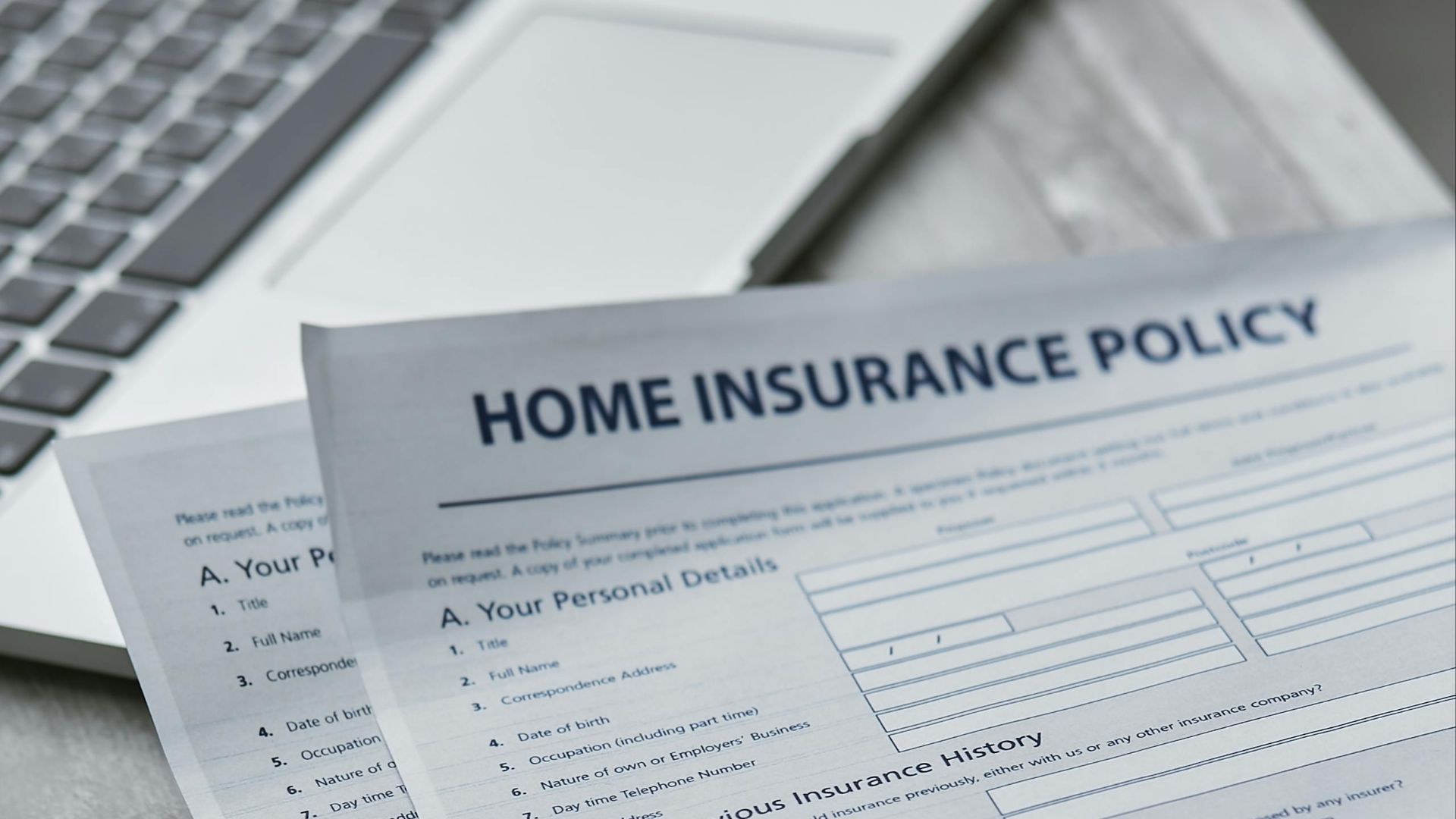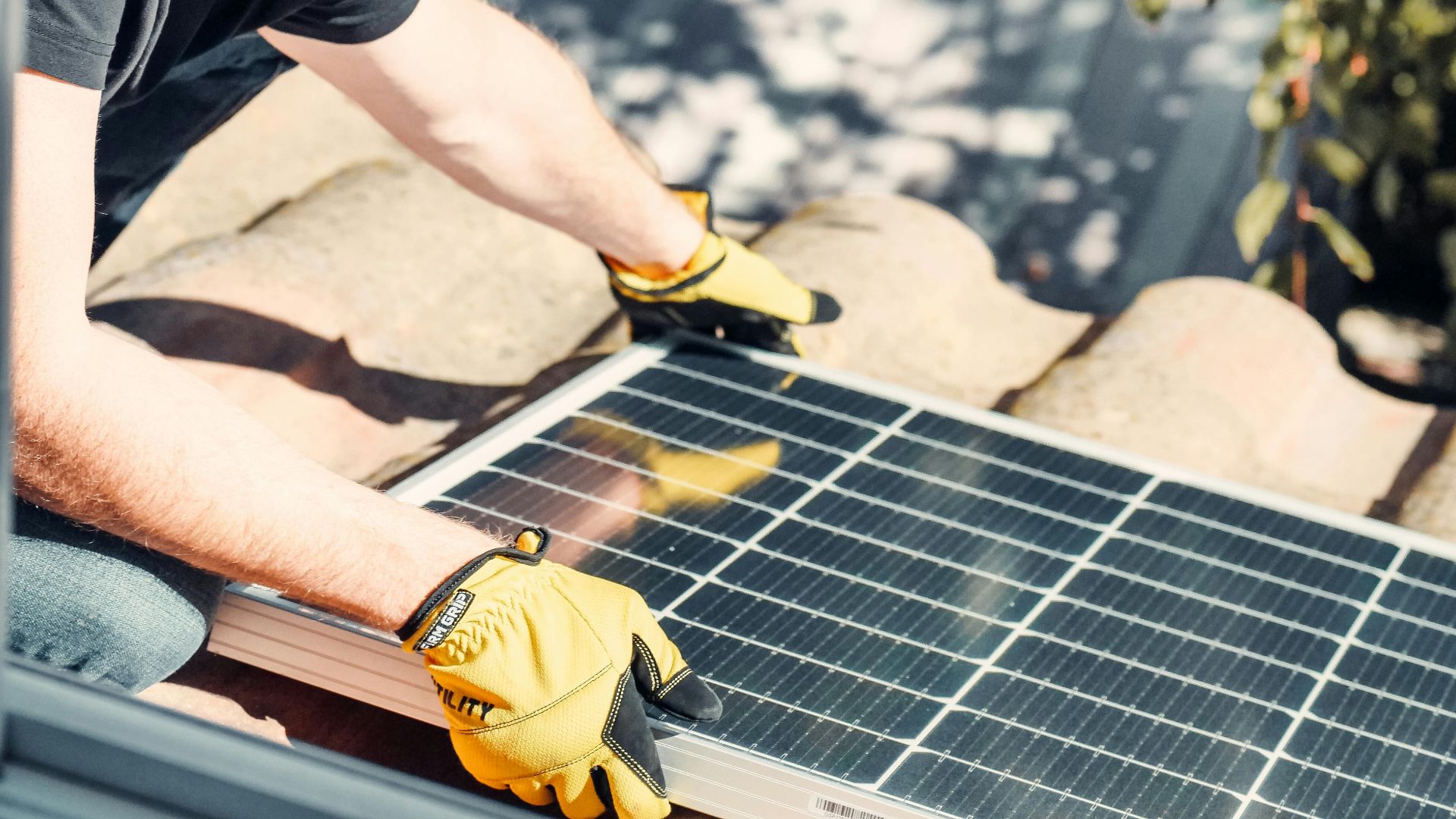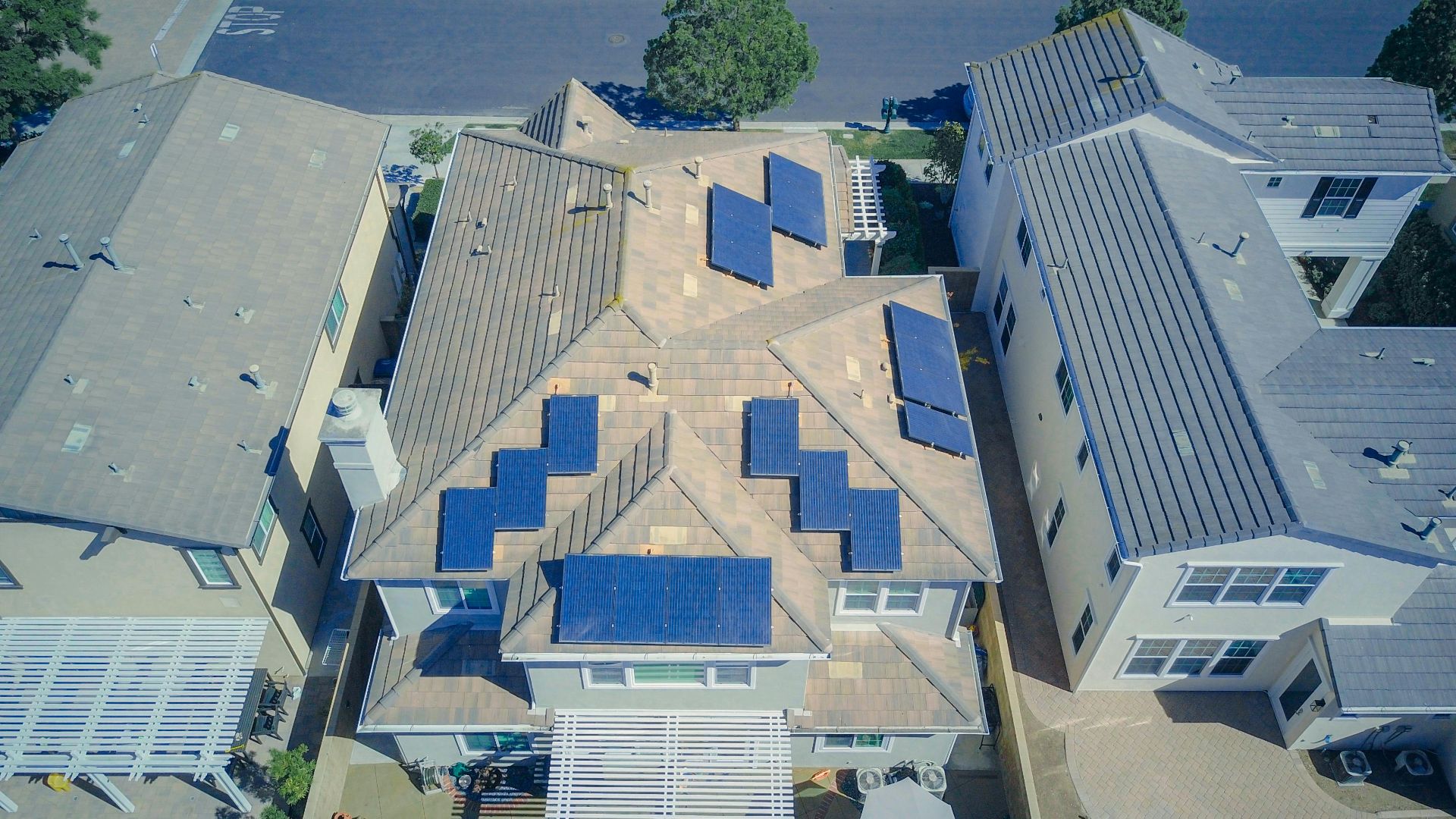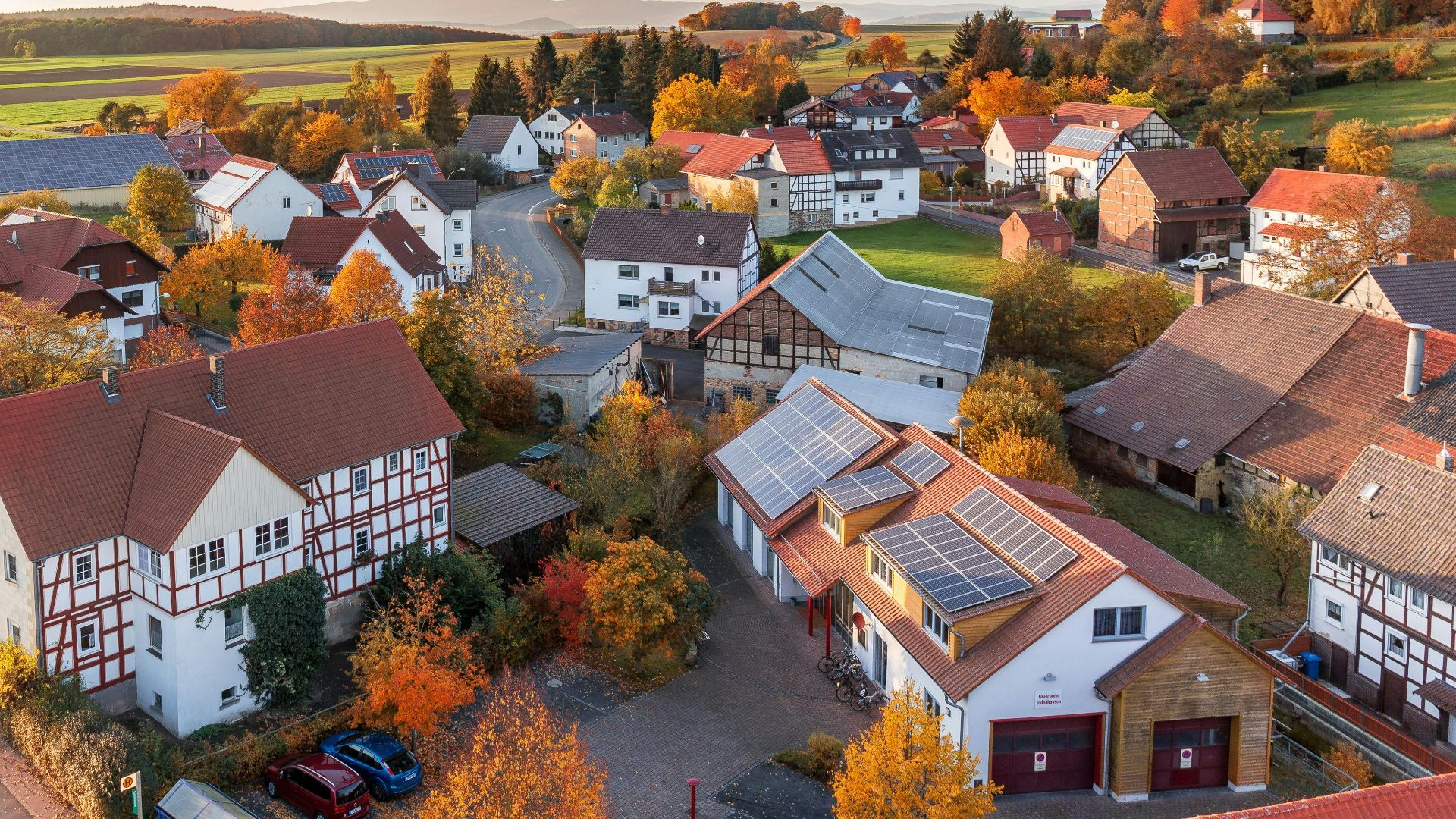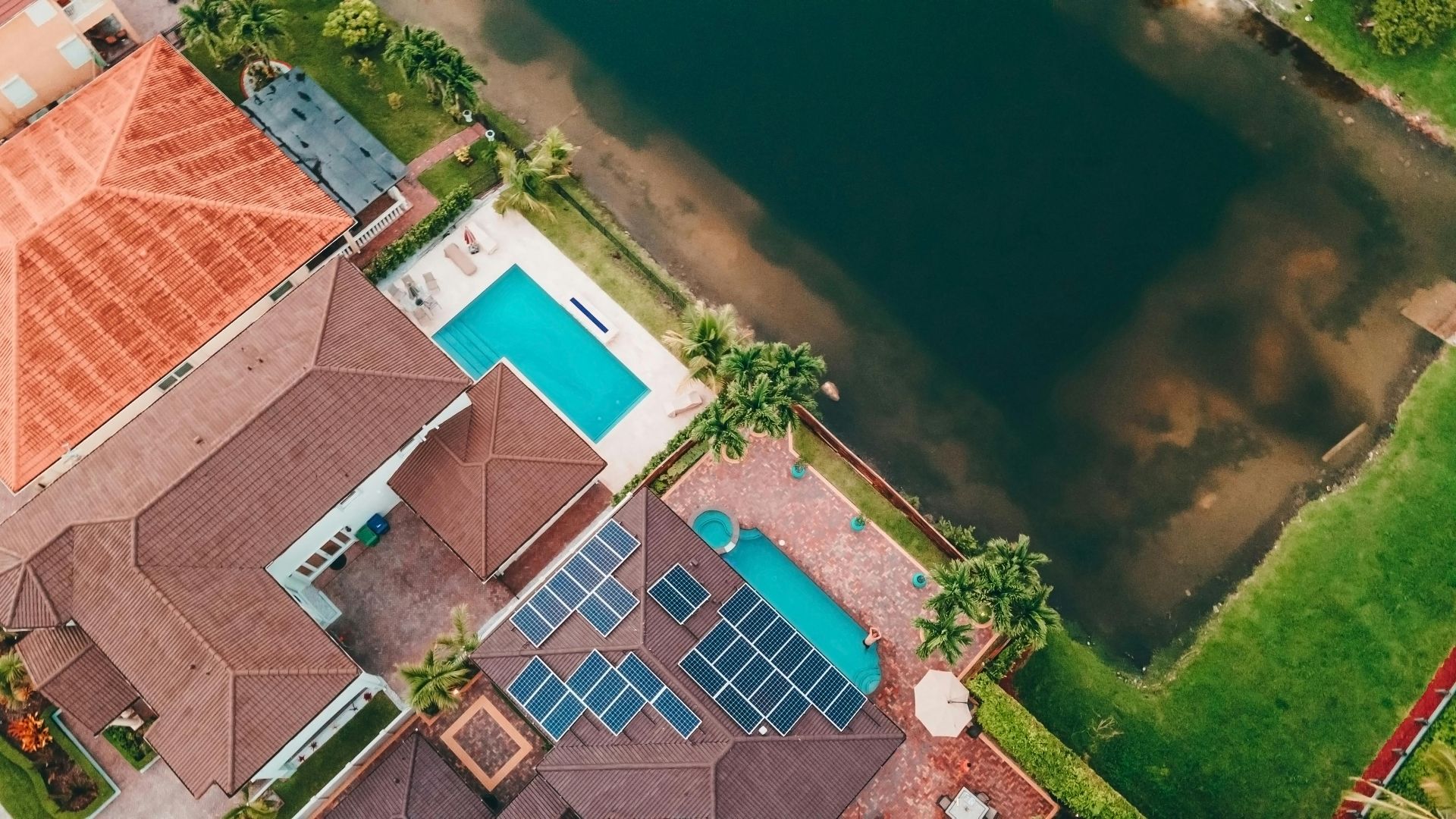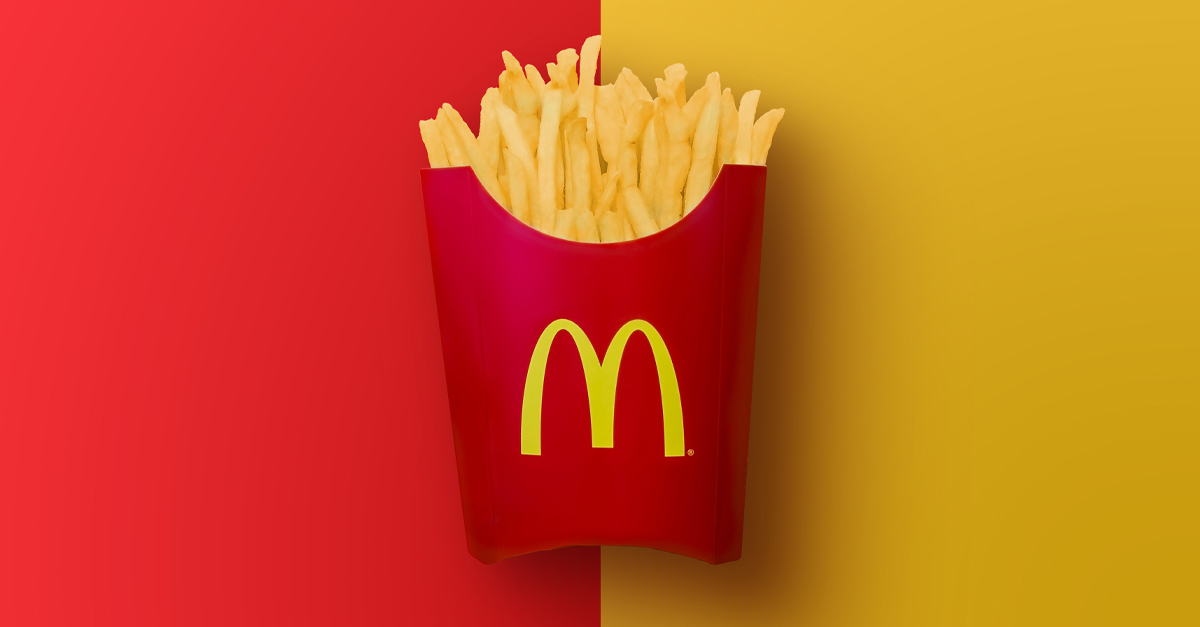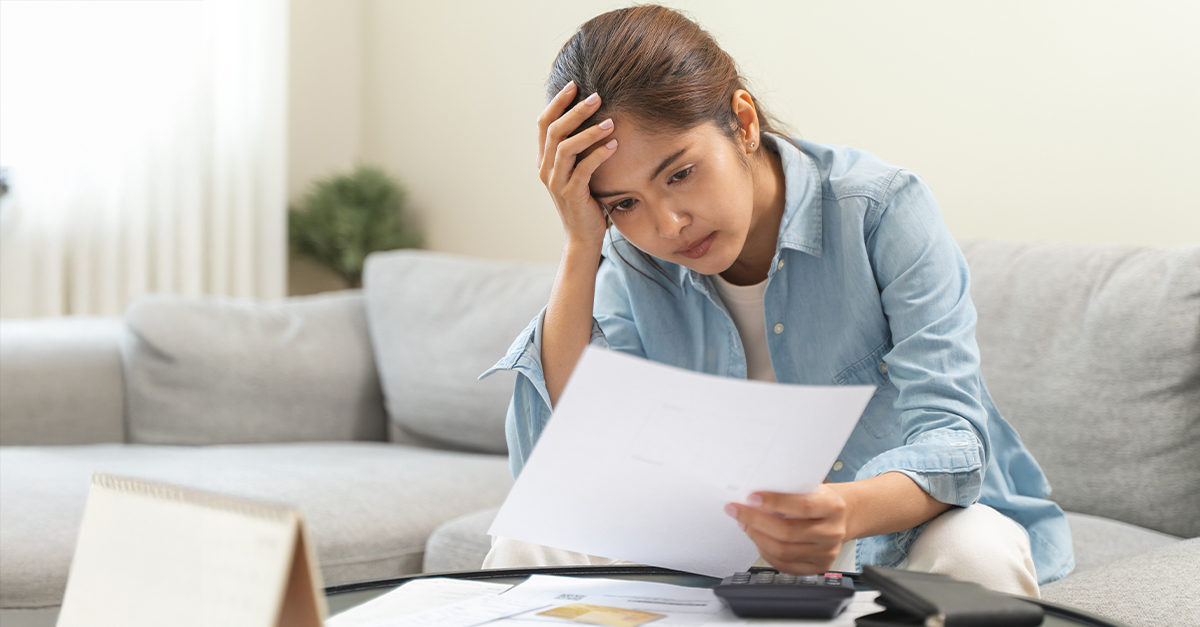What To Do When Your Solar Panels Offer More Darkness Than Light
Sometimes, personal finance feels like a rollercoaster you never agreed to ride, and you’re gripping the bar tighter than you’d like. That’s exactly how I felt after dropping $15,000 on solar panels—a supposedly “smart investment”—only to discover they barely work. Before you write me off as a cautionary tale, let’s dive into the details and explore whether there’s still any financial silver lining left in this cloudy situation.
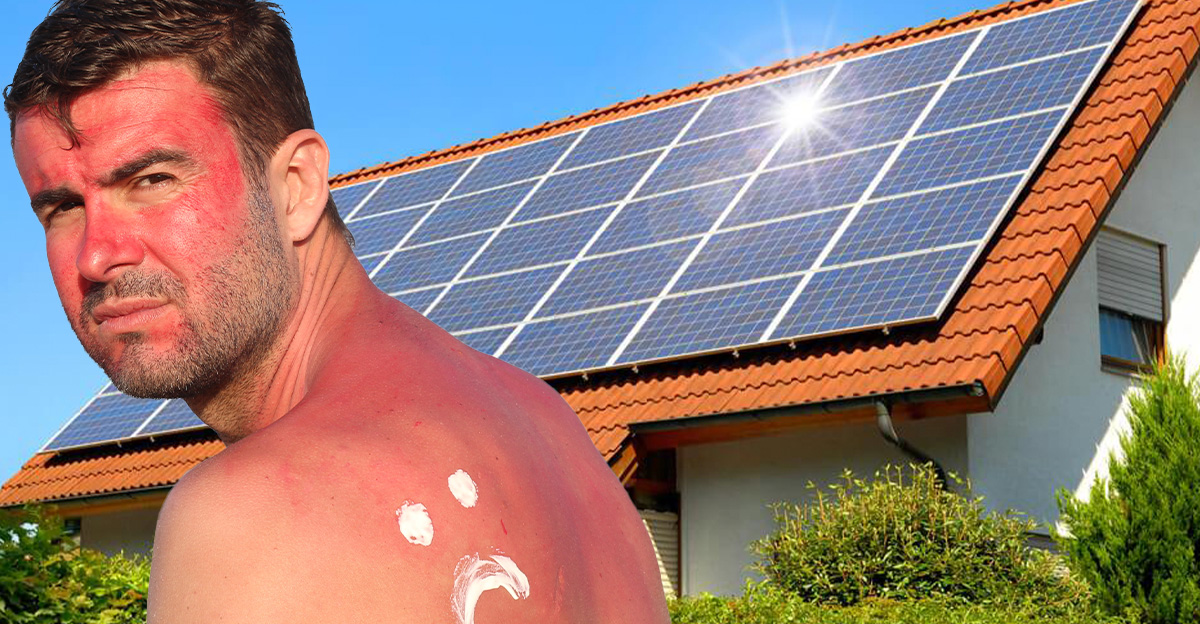
The Shiny Promise Of Solar
I’ll admit it—I was seduced by the dream of free, clean energy powering my home like some futuristic eco-paradise. I pictured myself sipping iced tea on the porch, watching my electric meter spin backward, while my neighbors applauded my financial genius. The ads promised endless sunshine savings, but as with most things that sound too good to be true, reality had other plans.
Dropping Fifteen Grand
Here’s the reality: I handed over $15,000 for my system. That’s a used Honda Civic, a semester of college tuition, or—if you’re my cousin Brian—roughly the amount he owes his fantasy football league after several terrible draft picks. Seeing that kind of money vanish from your account stings, especially when the investment is supposed to pay you back. Spoiler alert: mine did not.
When The Panels Barely Work
Cue the sad trombone. Instead of slashing my electric bills, these panels generate just enough power to keep my fridge light on and maybe charge my phone overnight. Some days, I swear my solar array is powered by AA batteries. Every bill cycle that arrives feels like another reminder that my “big green investment” is more decorative than functional, which is not what I signed up for.
Buyer’s Remorse Is Real
At first, I thought, “Maybe it’s just a cloudy week.” Nope. A few months later, the same pitiful performance left me Googling, “Are solar panels supposed to work this badly?” Turns out, mine were installed poorly, possibly defective, and I didn’t have the cash left to fight it out in court. Buyer’s remorse doesn’t even begin to cover it—it feels more like buyer’s heartbreak.
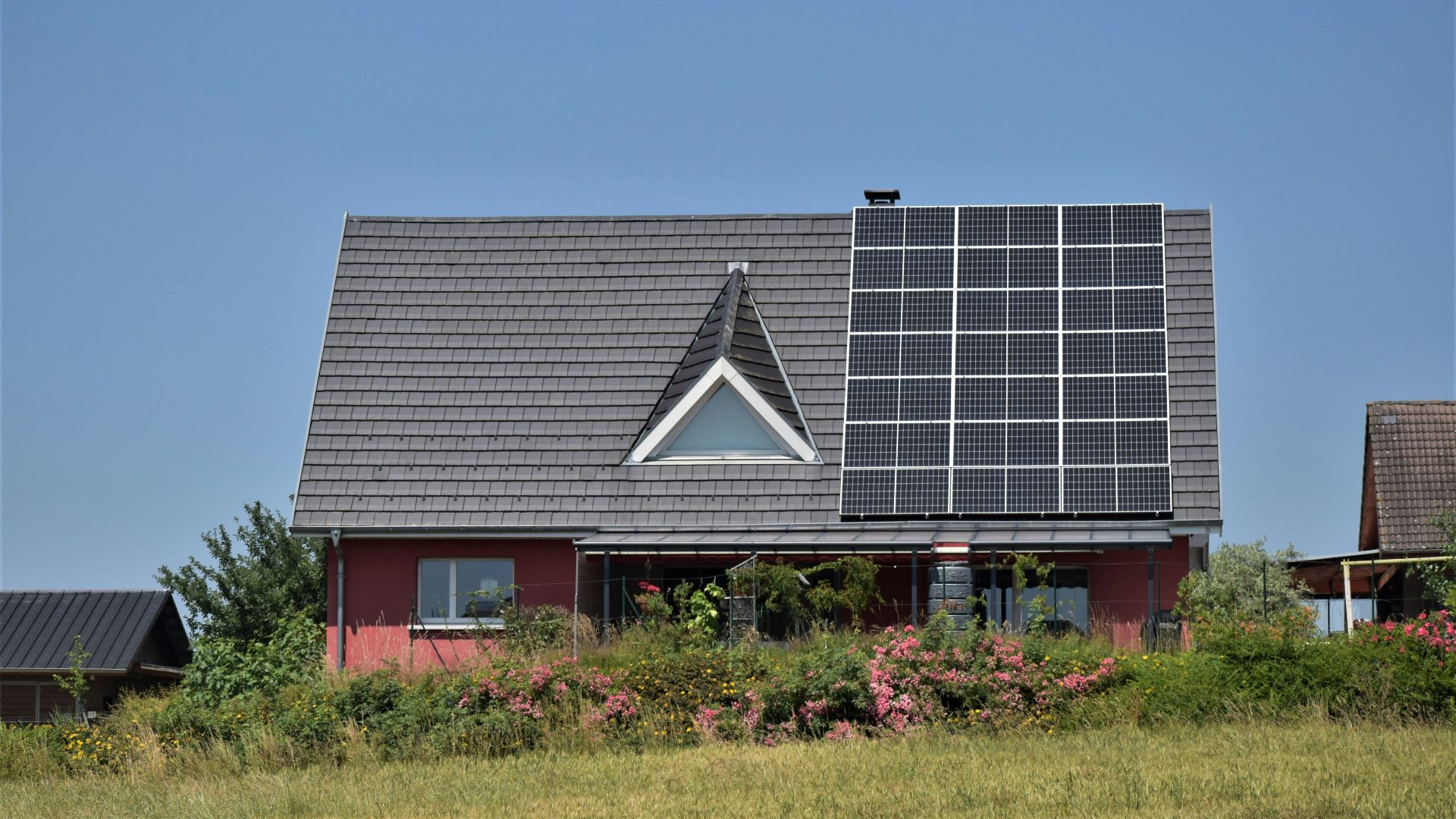 Daniele La Rosa Messina, Unsplash
Daniele La Rosa Messina, Unsplash
But Is It All A Loss?
Here’s where the financial detective work kicks in. Even if your solar panels underperform, there may still be some upside—like tax credits, home value boosts, or lower bills than you would have had otherwise. Think of it less like a jackpot lottery ticket and more like the consolation prize where you still walk away with something useful, even if it’s not the dream outcome.
Tax Credits To The Rescue
Did you claim the federal solar tax credit? At 30% of installation costs, that’s potentially $4,500 back from Uncle Sam. Not bad for panels that think they’re on vacation most of the time. It doesn’t erase the pain of writing that initial $15K check, but at least it feels like the government is patting you on the back for trying to be eco-friendly.
State And Local Incentives
Depending on where you live, your state may throw in rebates or credits. These can range from a few hundred bucks to several thousand dollars if you’re lucky. It’s worth digging through the paperwork like a financial archaeologist hunting for buried treasure. Sometimes the real savings come not from the panels themselves, but from the alphabet soup of government incentives stacked in your favor.
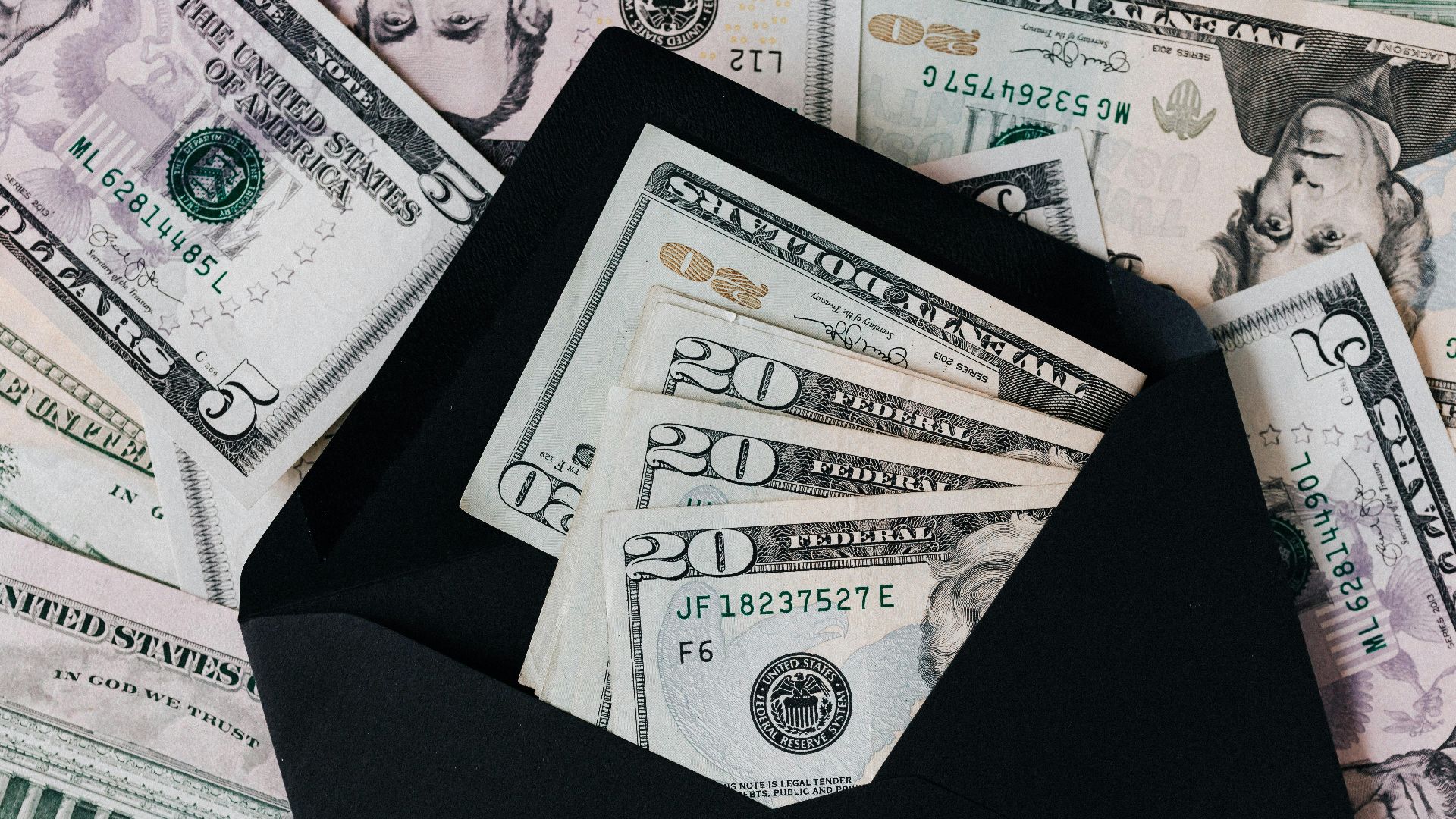 Photo By: Kaboompics.com, Pexels
Photo By: Kaboompics.com, Pexels
The Net Metering Angle
If your system connects to the grid, some utilities offer net metering—crediting you for excess energy sent back. Granted, mine doesn’t exactly have “excess,” unless you count the power equivalent of a flashlight. Still, for homeowners with better-performing systems, this setup can make a huge difference, turning your roof into a miniature power plant that earns credits instead of just gathering bird droppings.
Energy Bill Savings—Even If Tiny
Okay, so my panels aren’t paying for my Netflix subscription, but they are shaving a bit off my electric bill each month. Even $20 a month adds up to $240 a year, which over a decade still cracks $2,400 in savings. Sure, it’s not the glamorous, pay-your-entire-electric-bill type of scenario I hoped for, but a discount’s a discount, and every little bit counts.
 John Guccione www.advergroup.com, Pexels
John Guccione www.advergroup.com, Pexels
A Home Value Bump
Here’s a surprise: studies show solar panels can increase your home’s resale value by about 4%. On a $300K home, that’s a potential $12K bump. Even if my panels aren’t exactly MVPs, they might still score points with buyers who like the idea of solar—even if the execution leaves much to be desired. In real estate, appearances sometimes matter just as much as functionality.
Green Cred Still Counts
There’s no financial line item for “being a good human,” but solar panels—working or not—signal eco-friendliness to future buyers. Some people are willing to pay a premium just for the green halo effect, even if the system’s actual performance is underwhelming. It’s like showing up to a party with reusable water bottles—maybe it doesn’t save the planet single-handedly, but it signals you’re trying.
The Psychological Benefit
Yes, I feel like I threw money out the window some days. But there’s also satisfaction in knowing I tried to do something sustainable, even if the execution left much to be desired. Sometimes personal finance isn’t just about dollars—it’s about values, choices, and the kind of story you get to tell yourself when you look in the mirror. That still counts for something.
 Photo By: Kaboompics.com, Pexels
Photo By: Kaboompics.com, Pexels
Maintenance And Warranty
Before you cry into your electric bill, check your warranty paperwork. Many panels and inverters are covered for 10–25 years, and if they’re defective, you may be entitled to a replacement or repair at no extra cost. It’s a reminder that the small print you glossed over at installation time could actually be your financial lifeline when the panels underperform or fail altogether.
Financing Versus Paying Cash
I paid cash—ouch, and double ouch. But if you financed your solar panels, you may still be able to deduct interest, refinance, or restructure the loan terms. Talking to your lender could save you stress (and money), especially if your system isn’t delivering the savings you expected. Debt isn’t fun, but at least it gives you options that paying cash doesn’t.
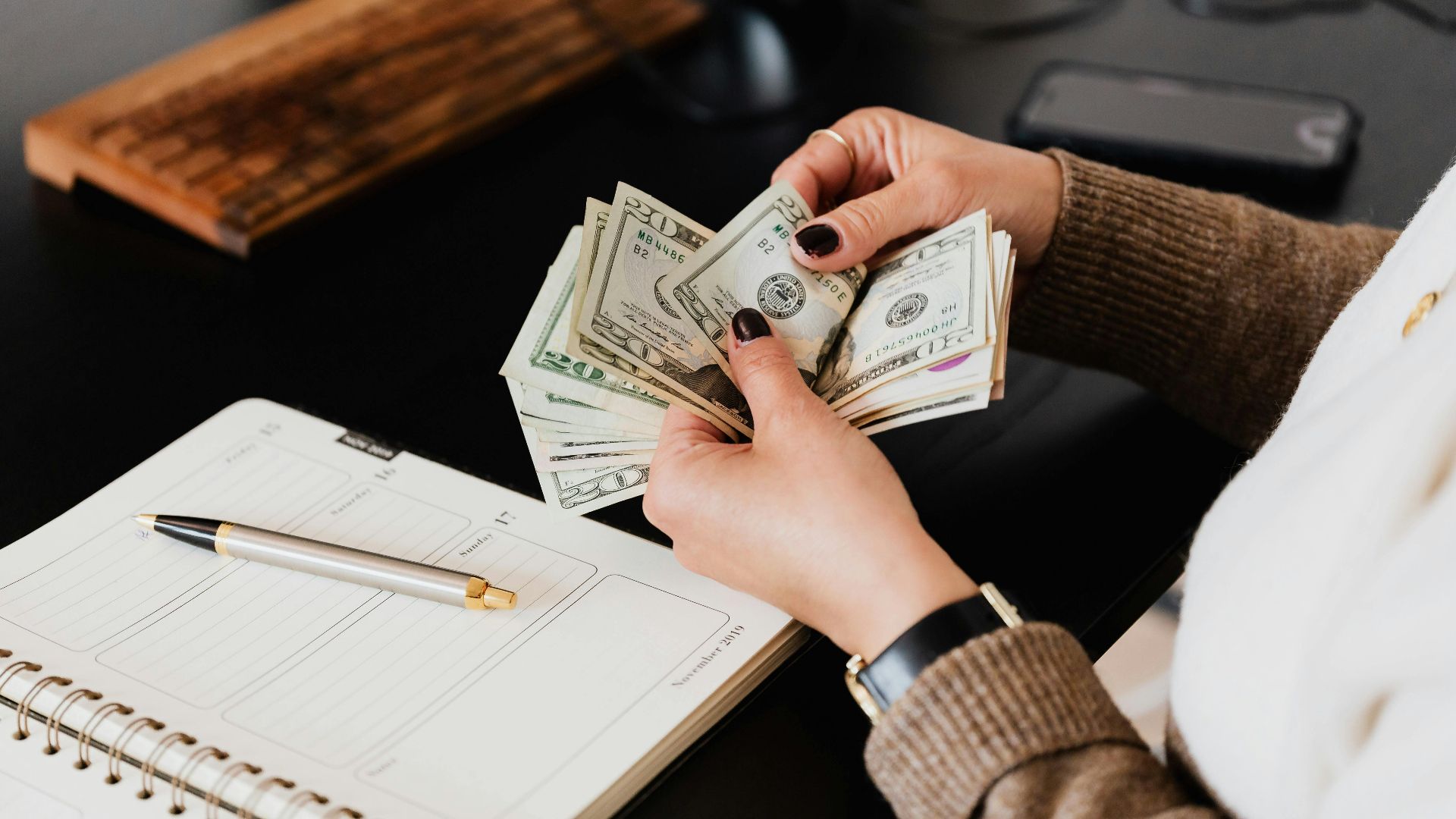 Photo By: Kaboompics.com, Pexels
Photo By: Kaboompics.com, Pexels
Don’t Forget Insurance
Homeowner’s insurance often covers damage to solar panels. Storm? Squirrel chewing wires? Neighbor kid with a rogue baseball? It might be worth a claim—especially if your panels are more decorative than functional. Check your policy carefully; what feels like a total loss could turn into a manageable deductible. Insurance isn’t glamorous, but it’s one of the few safety nets you might still have.
Lessons Learned The Hard Way
Number one: vet your installer like you’re hiring a babysitter for royalty. Number two: read warranties like they’re a thriller novel. Number three: don’t assume sunshine equals savings without running the numbers first. If my story helps even one person avoid dropping $15K into solar purgatory, then maybe all this buyer’s remorse will have served a higher purpose. At least, that’s what I tell myself.
The Break-Even Illusion
Many installers promise “break-even in 6–8 years.” But if the panels aren’t working right, that timeline can stretch into forever—or longer. Still, every kilowatt produced, however tiny, inches you closer to recouping your costs. It may feel like crawling across a desert rather than sprinting toward the finish line, but financial progress is still progress, even if it’s happening at a snail’s pace.
Repair Instead Of Replace
Sometimes panels aren’t the issue at all—it could be the inverter, wiring, or even a bad connection. A smaller repair costing a few hundred dollars might bring your system back to life and salvage your investment. It’s worth having a technician take a second look before you declare the entire system a financial black hole and write it off completely.
Selling Solar Regrets
If the panels truly don’t work, you can still market them as “future potential” when selling your house. Maybe the next owner sees the value in upgrading them or repairing what you started. Not exactly a goldmine, but better than advertising your roof as just a weirdly expensive decoration. In real estate, even broken promises can sometimes be rebranded as opportunities.
Community Solar As A Backup
Another twist: if rooftop solar flopped, you might still buy into a community solar project. That way, you reap savings without relying on your sad roof setup. Community solar often provides access to renewable energy at a discount, letting you still participate in the green movement while sidestepping the technical nightmares that made your personal system feel like a lemon.
The Silver Lining Of Experience
Look, sometimes bad investments teach us more than good ones ever could. I may not have killer energy savings, but I now read contracts with a magnifying glass, interrogate installers like a detective, and ask 17 follow-up questions before signing. If nothing else, my solar misadventure left me financially wiser—even if my roof still looks like a half-baked science experiment.
What Do You Do Now?
So, is there financial upside left? Yes—but probably not the jackpot you imagined when you wrote that $15K check. Between tax credits, resale value, small energy savings, and maybe insurance or repairs, you may still recover part of your investment. And if nothing else, you’ll have one heck of a personal finance story to share at parties—preferably with the lights powered by something other than your panels.
You May Also Like:
Vintage Stamps That Could Make You A Millionaire
Vintage Barbie Dolls Selling For Big Bucks
I have $600K in retirement, but I want to live on a cruise ship. Is that realistic?

